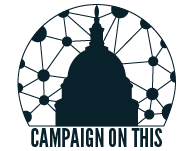Kamala Harris, throughout her political career, has taken many polarizing stances on abortion, often shifting her rhetoric based on political expediency. While she positions herself as a staunch advocate for reproductive rights, her alignment with more radical pro-choice groups and individuals has raised concerns among many Americans. Harris often calls these concerns “ridiculous” or “mischaracterized,” but the questions persist. Why doesn’t she simply clarify her stance on late-term abortion and dispel the myths if they are, as she says, unfounded?
The Early Career vs. The National Stage
In her early career as a prosecutor and California Attorney General, Harris focused more on law enforcement issues and had less visible involvement in abortion rights activism. However, when she ascended to the national stage as a U.S. Senator and later as Vice President, her stance on abortion became a critical aspect of her platform.
Harris has consistently supported policies that favor unrestricted abortion access, aligning with progressive organizations like Planned Parenthood and NARAL Pro-Choice America, which advocate for minimal to no restrictions on abortion, including during the third trimester. This alignment, particularly with groups that oppose bans on late-term abortion, has fueled Republican claims that she supports abortion up until the moment of birth.
Associations with Radical Figures on Abortion
One of the most controversial moments in Harris’s career came when she expressed support for Virginia Governor Ralph Northam, who made comments about post-birth abortion decisions in a 2019 interview. Northam suggested that, in cases where a baby is born after a failed abortion, the infant could be kept comfortable while discussions between the doctor and mother ensue, which many interpreted as advocating for infanticide. Harris’s failure to denounce Northam’s remarks raised alarms among pro-life groups and everyday Americans concerned about the ethics surrounding late-term and post-birth abortion.
Additionally, Harris’s opposition to the Born-Alive Abortion Survivors Protection Act, which would have required medical care for infants born alive after failed abortions, further aligned her with more radical elements of the pro-choice movement. Critics argue that Harris’s voting record contradicts her claims of being moderate on abortion, especially when those votes appear to allow for less oversight in protecting infants who survive abortion attempts.
Planned Parenthood and NARAL Pro-Choice America
Harris’s close relationship with Planned Parenthood has been another point of contention for her critics. As a Senator, she received the organization’s endorsement and actively fought against attempts to defund it, despite controversies surrounding its role in fetal tissue donation and the lack of restrictions on late-term abortions. Planned Parenthood, one of the largest abortion providers in the United States, has often been criticized for opposing measures that would regulate late-term procedures, further fueling public concern that Harris’s policies could open the door to more permissive abortion laws.
Moreover, NARAL Pro-Choice America, which has consistently pushed for fewer restrictions on abortion and supports abortion access at every stage of pregnancy, has also been a strong supporter of Harris. Her involvement with these organizations, and her embrace of their far-reaching agendas, makes it difficult for her to distance herself from claims that she supports more extreme abortion policies.
Harris’s Public Dismissal of Concerns
Despite these associations, Harris has publicly dismissed claims that she supports abortion up until birth, calling them “ridiculous” and “mischaracterizations.” However, many Americans remain unconvinced, largely because of her refusal to explicitly state where she stands on late-term abortions. By consistently voting against legislation that seeks to place restrictions on third-trimester abortions or that protects infants born alive after failed abortion attempts, Harris has left herself open to the charge that her policy positions are far more radical than she claims.
Why Not Set the Record Straight?
If Harris truly believes that the concerns about her abortion stance are unfounded, why hasn’t she taken the opportunity to set the record straight? A clear, unambiguous statement outlining her exact views on late-term abortion would go a long way in addressing public concerns. Yet, Harris has not done so. Instead, she continues to align herself with organizations and individuals who push for more permissive abortion policies.
This reluctance to clarify her stance has led many to believe that Harris may indeed support more radical positions on abortion than she lets on. For instance, her opposition to any restrictions on abortion access—even for late-term procedures—has been consistent, further deepening the public’s concerns about her position.
The Impact on Everyday Americans
For everyday Americans, the debate over abortion is deeply personal and emotional. The idea that a prominent political figure like Harris could support radical abortion policies, especially those that allow late-term procedures or post-birth decisions, strikes fear into many who value the sanctity of life. The question of whether Harris’s policies could lead to more permissive laws surrounding abortion is one that resonates across the political spectrum.
Her refusal to engage in a meaningful discussion about her stance on abortion, beyond simply dismissing concerns as “mischaracterizations,” does little to allay those fears. Americans want leaders who are clear about their positions, especially on issues as divisive as abortion. By not explicitly addressing these concerns, Harris risks alienating voters who may otherwise be open to her broader platform.
Conclusion
Kamala Harris’s stance on abortion remains a topic of intense debate, largely due to her associations with radical pro-choice groups and her support for politicians with extreme views on the issue. While Harris has tried to downplay the concerns as misrepresentations, her voting record and public endorsements tell a different story. Until Harris directly addresses these issues, the public’s concerns about her abortion stance will likely remain, especially as more Americans seek clarity on where she truly stands on late-term abortion and reproductive rights.
For now, the question lingers: If the concerns are indeed unfounded, why won’t she simply set the record straight?



